
Within urban and rural areas, there are many unique neighbourhoods and communities with diverse needs and preferences. Taking a holistic integrated approach to delivering social services within these areas means implementing a framework which can respond to the different set of needs across different neighbourhoods. With this headline award, ESN seeks to recognise organisations that are outstanding in crafting inclusive and resilient neighbourhoods and communities, ensuring that all residents’ rights, choices and independence are valued and respected.
This Award can be awarded to a project from all the applications that were submitted in the categories above. The shortlisted projects showcase area wide integrated frameworks that support diverse communities and neighbourhoods.
BIO-CARES: Community-Delivered, Person-Centred Care in Rural Areas
Organisation: Confederation of Rural Development Centres (COCEDER)
Country: Spain
Website: https://www.coceder.org/
BIO-CARES is transforming care in rural Spain by shifting from institutional models to personalised, community-driven solutions. The project supports vulnerable populations, including older people, people with disabilities, and those at risk of isolation. By leveraging local resources and tailoring life plans to individual circumstances, BIO-CARES enhances personal autonomy and encourages residents to stay within their communities. Implemented in 18 rural areas, the project builds stronger, more inclusive communities. This initiative has positively impacted 491 people and has generated valuable knowledge and methodologies for rural care, with the potential to influence future social policies.
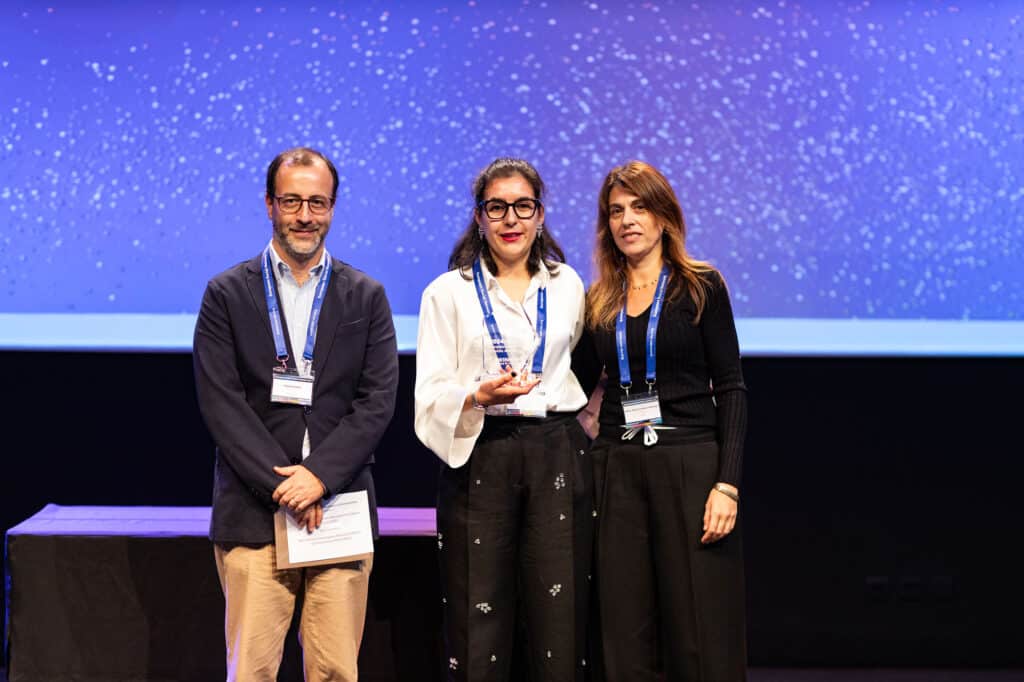
RADAR Project
Organisation: Santa casa da Misericordia de Lisboa
Country: Portugal
Website: Projeto Radar – Lisboa, Cidade COM VIDA Para Todas as Idades (scml.pt)

The RADAR Project tackles the issue of social isolation and unwanted loneliness among older people in Lisbon, particularly those aged 65 and over. Through a collaborative partnership involving 31 organisations, led by Santa casa da Misericordia de Lisboa and Lisbon City Council, the project develops local micro-networks, known as Community RADARS, to identify and support older people who may suffer from unwanted loneliness. Leveraging a shared digital platform for information exchange, RADAR enables faster and more effective responses to address the needs of older people. Since its inception, the project has engaged over 38,000 older residents and established 4,587 Community RADARS, significantly enhancing community involvement.
Addressing Violence in Cities to Restore, Heal, and Strengthen Communities
Name of Organisation: Youth Advocate Programs, Inc.
Country: United States
Website: https://www.yapinc.org/
This project addresses public safety, specifically community gun violence in cities across the U.S. affecting young adults aged 14-25, their families, and neighbourhoods. YAP’s Community-Based Safety Initiatives take a holistic approach, involving all stakeholders in decision-making. YAP Advocate-Credible Messengers, who are trusted community members, mediate conflicts, prevent retaliation, and offer individualised services like housing, health, and employment support. YAP provides 24/7 assistance, using its credibility and five-decades of partnering with government systems to deliver community-based alternatives to incarceration and residential care to bring sustainable solutions to helping cities reduce gun violence. Reaching 2,200 individuals in Baltimore, Charlotte, Chicago, Dallas and other cities, YAP has achieved notable success, including a 40% reduction in homicides in Charlotte, promoting safer, more resilient communities.

Tempo Time Credits Cymru
Organisation: Tempo Time Credits
Country: United Kingdom
Website: www.wearetempo.org
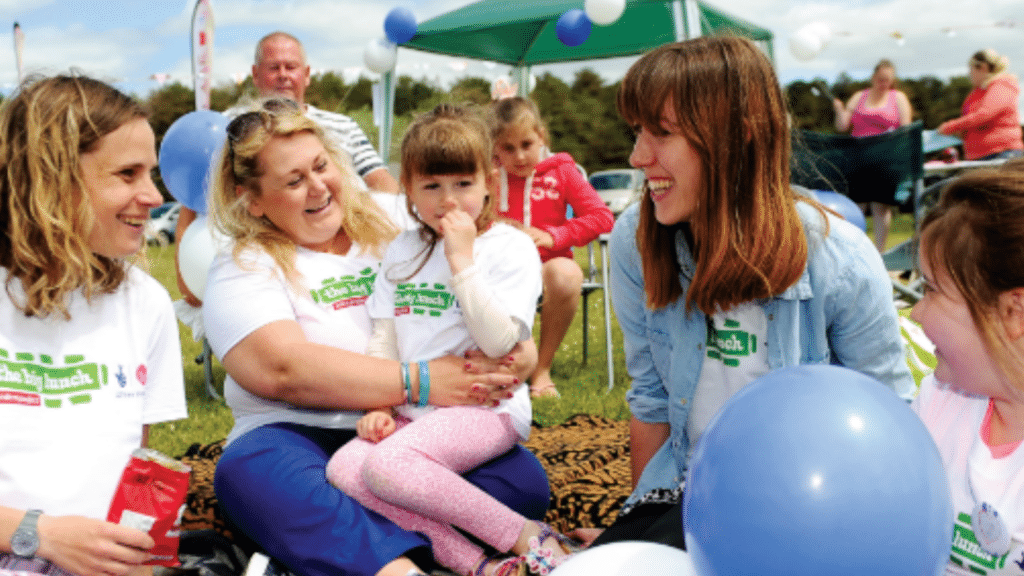
Tempo Time Credits Cymru tackles social isolation, economic inequality, and community disengagement in Wales by promoting volunteerism through time credits. These credits can be redeemed for services and activities, encouraging participation from diverse communities, particularly those with limited access to services or facing economic challenges. By rewarding volunteer efforts, the initiative enhances social inclusion and ensures everyone can contribute and benefit, regardless of socioeconomic status. It fosters community bonds by facilitating exchanges based on time, promoting social mobility and citizens participation. The programme currently engages 6,765 people and continues to expand.
Opened in 2022, Autism Voice Institute is a multifunctional day centre that supports teens and adults with autism spectrum disorder (ASD) in Romania. The centre offers therapy, vocational training, and community outreach to promote social inclusion and autonomy for persons with ASD. Additionally, it runs digital transformation and workplace inclusion programmes. With a team of 70 specialists, Autism Voice Institute serves 500 local beneficiaries and reaches 40,000 people nationwide through online services. The institute is pioneering in enhancing mental health services in Romania and raising awareness about neurodiversity.
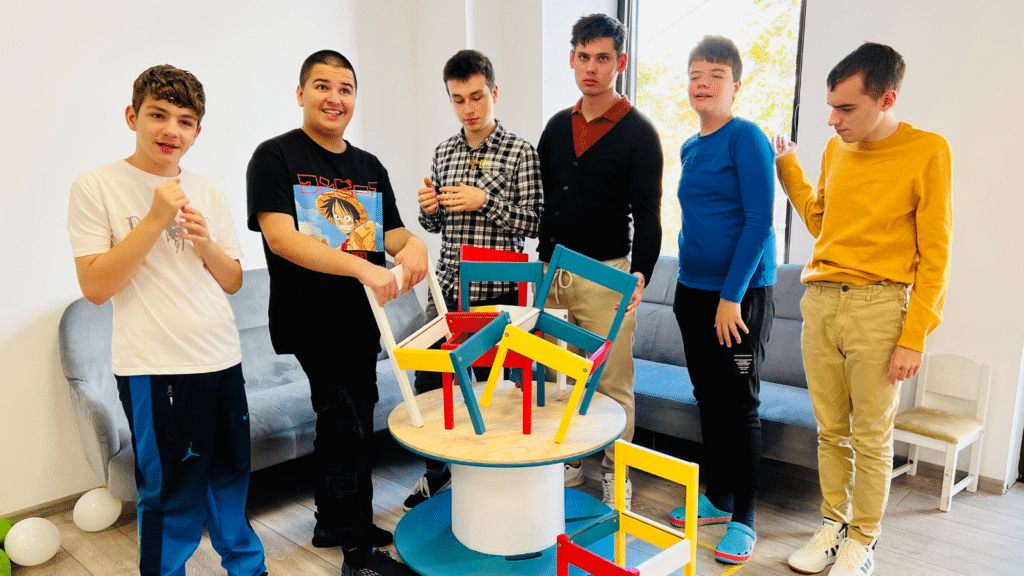
Rathfriland and District Regeneration
Organisation: Rathfriland and District Regeneration Company
Country: Northern Ireland, United Kingdom
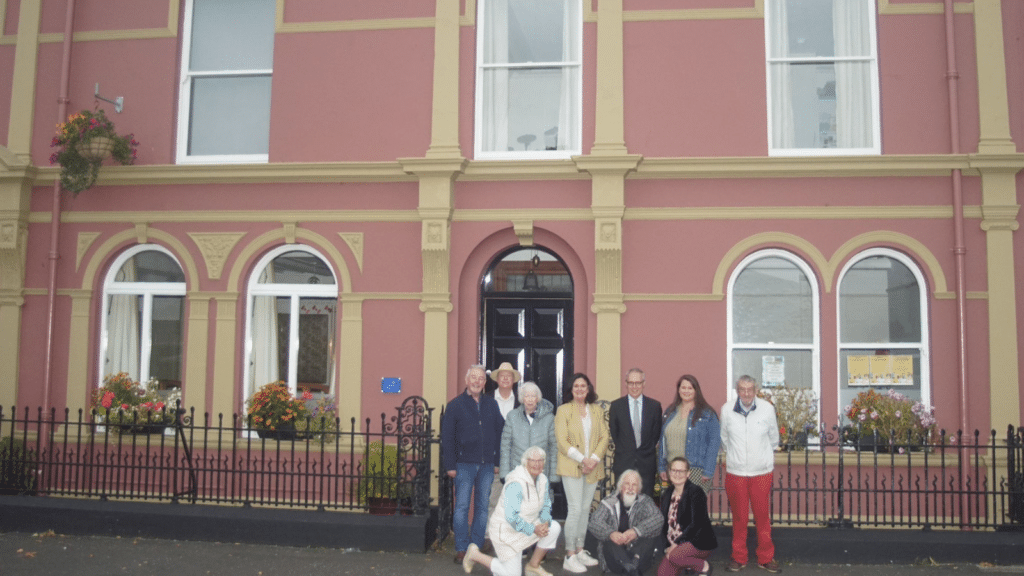
This project seeks to regenerate this rural town and bring historically divided communities together as good neighbours, addressing a lack of community resources and promoting cohesion. The Rathfriland and District Regeneration Company is a self-sufficient community-led project that draws on the expertise of local volunteers to rebuild the community through inclusive initiatives like youth projects, senior activities, and cultural events. They have transformed derelict buildings into affordable housing and a community hub, developed green spaces, and addressed food poverty with community gardens. Through co-creation local residents work together to create a more united and supportive environment for all.
Staircase to Staircase
Organisation: City of Aarhus
Country: Denmark
Website: https://aarhus.dk/ – Aarhus viser nye veje til velfærd i udsat boligområde
The Staircase to Staircase project in Gellerup, Aarhus, addresses complex social issues by supporting vulnerable families. It focuses on helping unemployed parents find stable jobs, encouraging young people to pursue education, and improving the community’s overall well-being. The project’s holistic approach provides tailored support to 62 families, involving professionals from various fields, and civil society representatives. The method fosters trust, cooperation, and sustainable change by building strong relationships with families. Since the project was implemented, over half of the participating parents have found jobs or entered education, part-time employment for young people has increased by 66 %, school absenteeism among children has decreased by 25 % and families have reported an increase of 20% in overall well-being. As a result of its success, Aarhus has extended the initiative to other disadvantaged areas, promoting social inclusion across these communities.
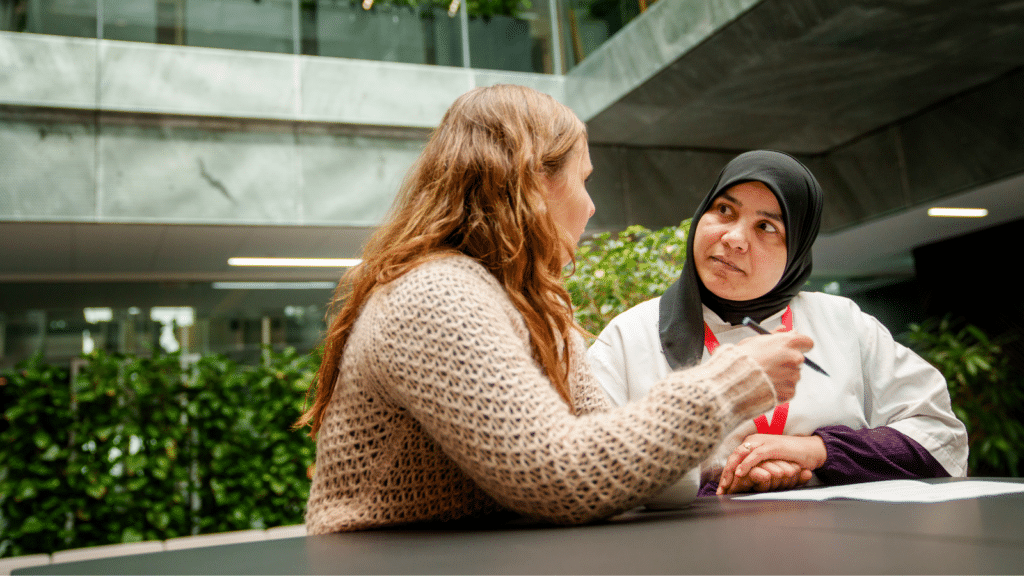
Laying the Foundations for a Personal Budgets System
Organisation: Aġenzija Sapport
Country: Malta
Website: https://sapport.gov.mt/
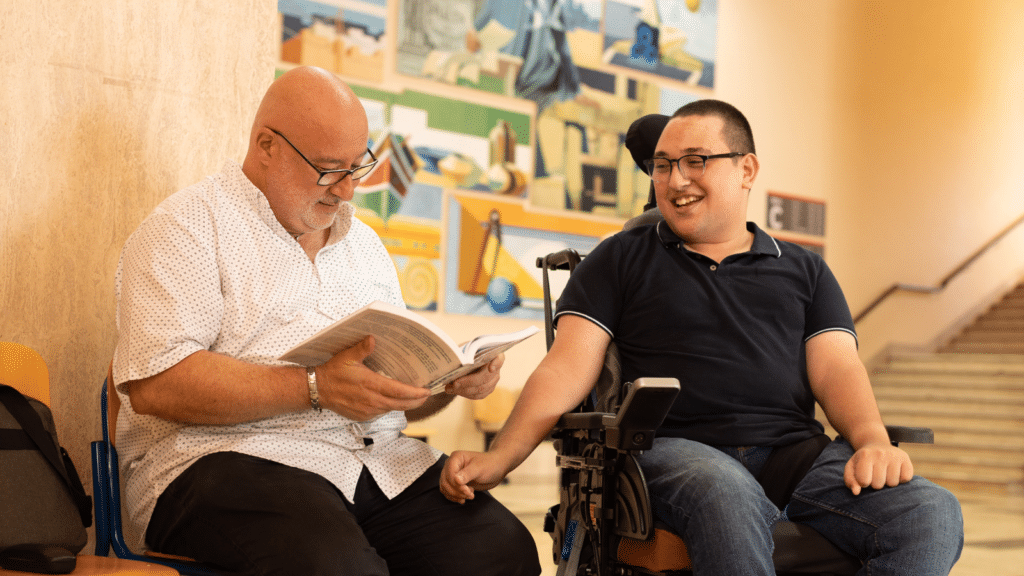
Aġenzija Sapport’s Personal Assistance Reform aims to empower individuals with disabilities through personal budgets, enabling them to access personalised support based on their unique needs and preferences. This reform is part of Malta’s 2021-2030 National Strategy on the Rights of Persons with Disabilities. By promoting self-directed support, the project enhances independent living and community inclusion for over 400 people. The reform also prepares the groundwork for a full personal budget system by 2030, giving beneficiaries greater control over their care while aligning Malta’s services with international standards on disability rights.
